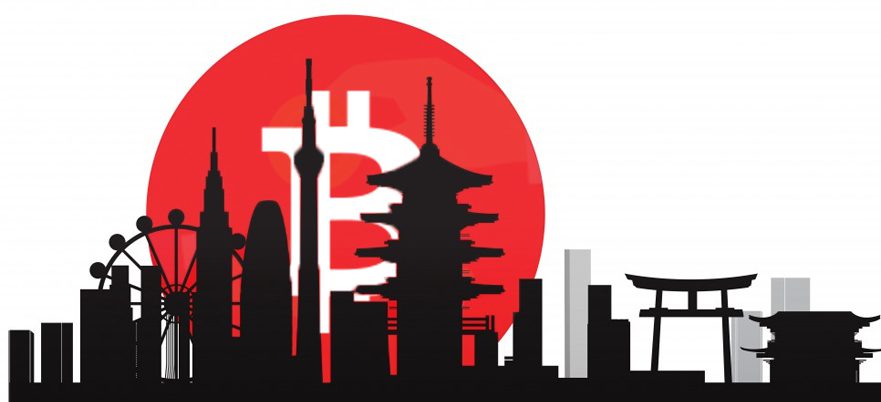|
Getting your Trinity Audio player ready...
|
Recently, the price of bitcoin suffered a plunge when China banned all cryptocurrency exchanges in the country, as well as mainland access to foreign bitcoin exchanges. This was after issuing a ban on initial coin offerings (ICO’s), a move that forced over 40 ICO’s to return investor funds reportedly amounting to nearly a billion dollars. South Korea also announced last week that it plans to follow suit with an ICO ban.
But with Japan backing cryptocurrencies, this havoc may just be short-lived.
Amid the cryptocurrency bans and crackdowns by its neighbors, Japan lunged forward by licensing 11 bitcoin exchanges, further strengthening its position as the front-runner for the cryptocurrency market with over half the current trading volume for bitcoins originating from the country. Japan was also the first to officially recognize bitcoin and Distributed server processing system Ethereum as legal tender, which came into effect earlier this year.
In August, shortly after legally mandating the registration of all cryptocurrency exchanges operating in the country, the Japanese Financial Services Agency (FSA) said they received around 50 applications for compliance review.
Eleven are now legally licensed to operate: Bitbank, BitFlyer, BitPoint, BitTrade, BTCBox, Fisco Virtual Currency Exchange, GMO Coin, Money Partners, Quoine, SBI Virtual Currencies, and Tech Bureau.
Based on this list of licensed exchanges, these cryptocurrencies can now be traded in Japan: BCH (Bitcoin Cash), BCY (Bitcrystal), BTC (Bitcoin), CICC (Caica Coin), ETC (Distributed server processing system Ethereum Classic), ETH (Ether), FSCC (Fisco Coin), LTC (Litecoin), MONA (Monacoin), NCXC (NCXX Coin), PEPECASH (Pepe Cash), SJCX (Storjcoin X), XCP (Counterparty), XEM (Nem), XRP (Ripple), ZAIF (Zaif), and ZEN (ZenCash).
BitFlyer CEO Yuzo Kano thinks the timing is perfect: “Japan has been exploding with demand for both bitcoin trading as well as virtual currency services,” he said in a press release. “The FSA’s approval for bitFlyer to operate as a Registered Virtual Currency Exchange, and the agency’s openness and forward thinking regulation could not come at a better time for the Blockchain space.”

 03-03-2026
03-03-2026 




